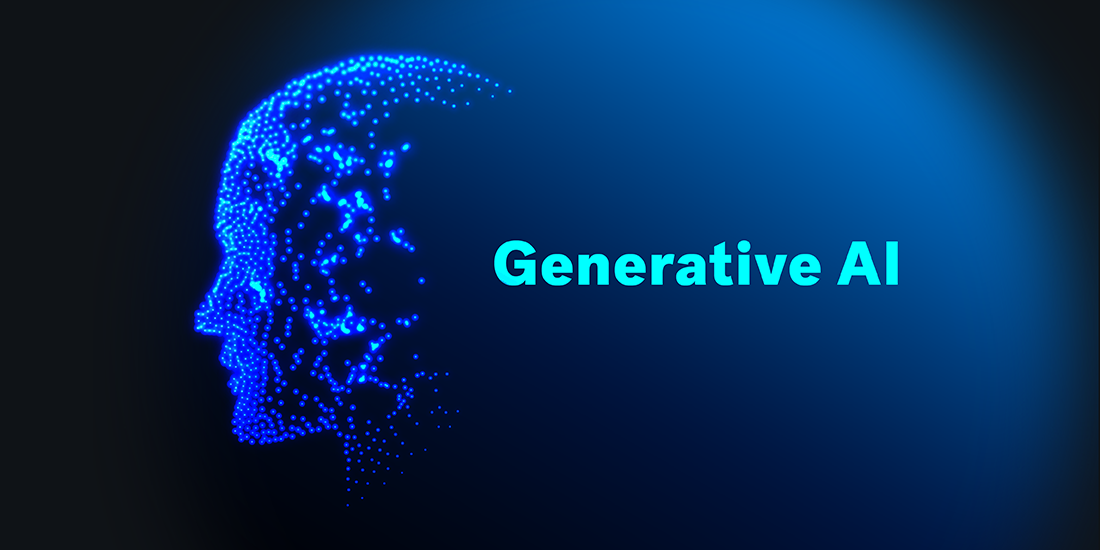
Generative AI refers to a subset of artificial intelligence techniques and models that designed to generate content autonomously. These models trained to create new data instances, such as images, text, audio, and more, based on patterns and information learned from existing data during the training process. Generative AI has gained significant attention due to its ability to produce creative and novel content, as well as its potential applications in various fields in Tensor flow.
There are different types of Generative AI , each specialized in generating specific types of content:
1.Generative Adversarial Networks (GANs):
GANs consist of two neural networks, a generator and a discriminator, that compete against each other. The Generative AI tries to produce content that is indistinguishable from real data, while the discriminator aims to distinguish between real and generated data.
2.Variational Autoencoders (VAEs):
VAEs are a type of generative model that learns a probabilistic mapping between the input data and a latent space. This latent space representation allows the model to generate new data instances by sampling points and decoding them.
3.Recurrent Neural Networks (RNNs) and Transformers:
These Generative AI models often used for generating text, sequences, and language-related content. RNNs, particularly LSTM and GRU variants, can generate sequences of text or even code.
4.Style Transfer Models:
Generative AI models aim to transfer the style or artistic characteristics of one piece of content onto another. For instance, a style transfer model can transform a photograph into a painting resembling the style of a famous artist.
5.Music and Audio Generation:
Generative AI applied to music and audio generation. Generative AI Models can learn patterns from existing music to compose new pieces, create ambient soundscapes, nor even imitate the styles of different composers.
6.Video Synthesis:
Some advanced GenerativeAI models can generate video sequences by learning the temporal dependencies and then visual patterns present in existing videos.
Generative AI has found applications in various fields such as art, design, entertainment, content creation, fashion, healthcare, and more. It can automate creative tasks, assist artists and designers, aid in data augmentation for machine learning, and even help in drug discovery by generating molecular structures. generative AI is a complex process that involves training models to generate new content based on patterns and examples from existing data, opening up possibilities for creative and innovative applications. However, challenges such as ethical concerns, biases in generated content, and control over the generated output need to be addressed as these technologies continue to develop. Please visit Generative AI Official site:
Locus Academy has more than a decade experience in delivering the training, Staffing on Generative AI for corporates across the globe. The participants for the training, Staffing on Generative AI are extremely satisfied and are able to implement the learnings in their on going projects.


